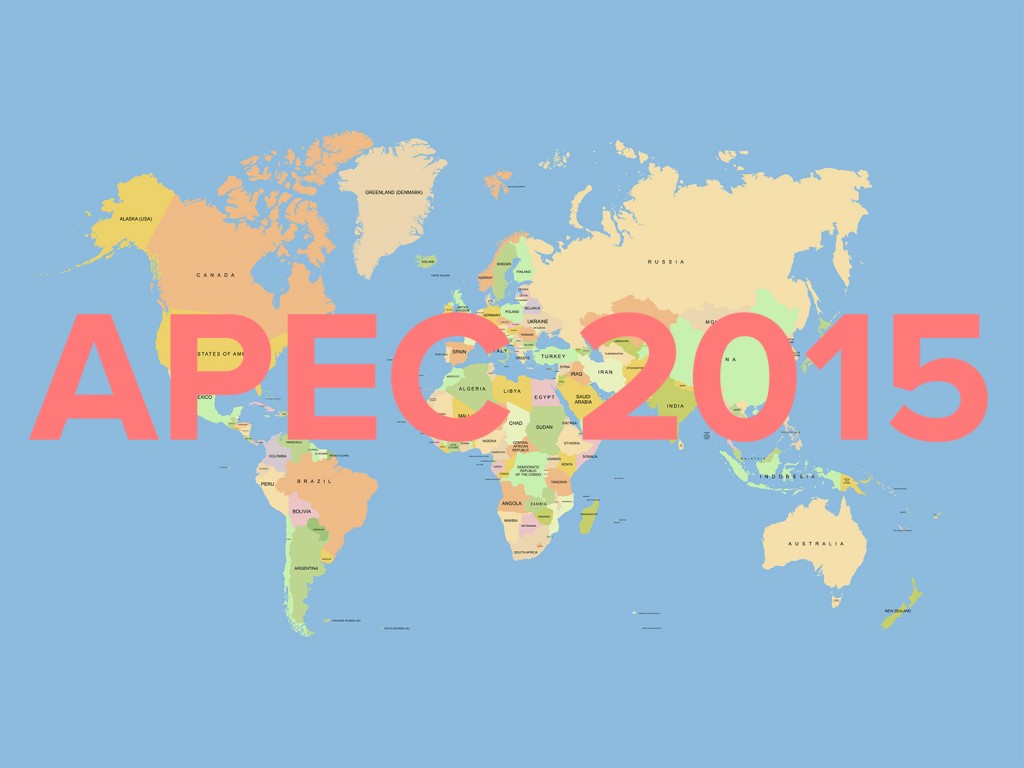From November 18-19, The Philippines will be hosting the Asia-Pacific Economic Cooperation (APEC) forum, an international event that has gotten everyone talking. Extensive preparations for the forum are underway, however, not many seem to know APEC is really all about. Here’s everything you need to know about it.
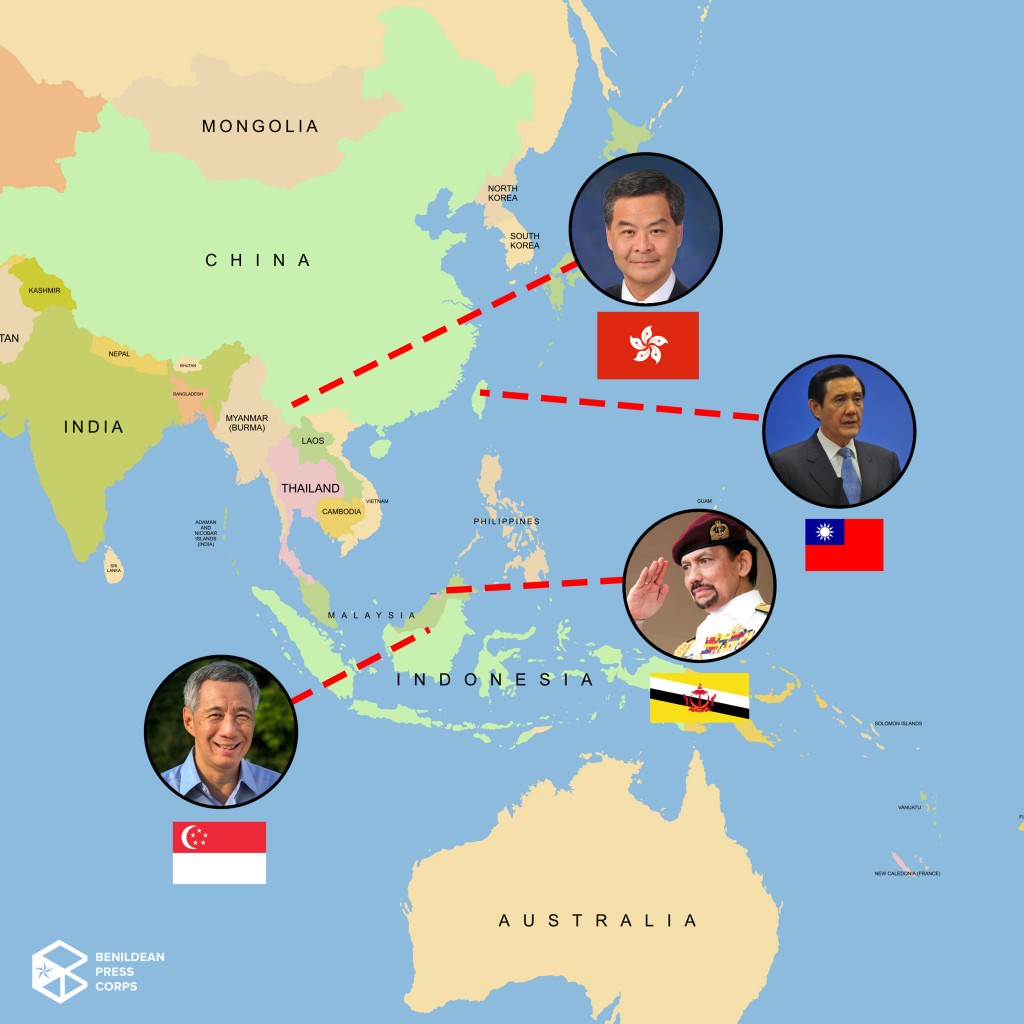
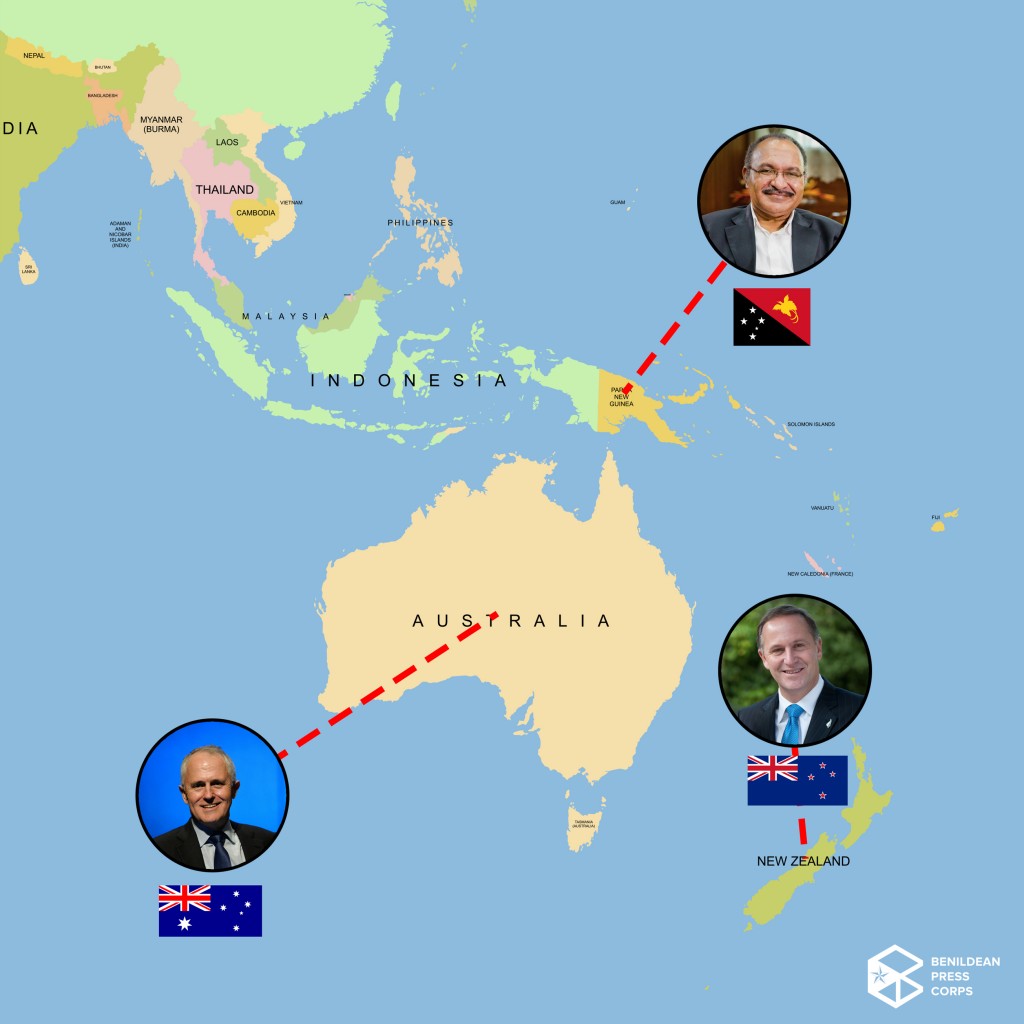
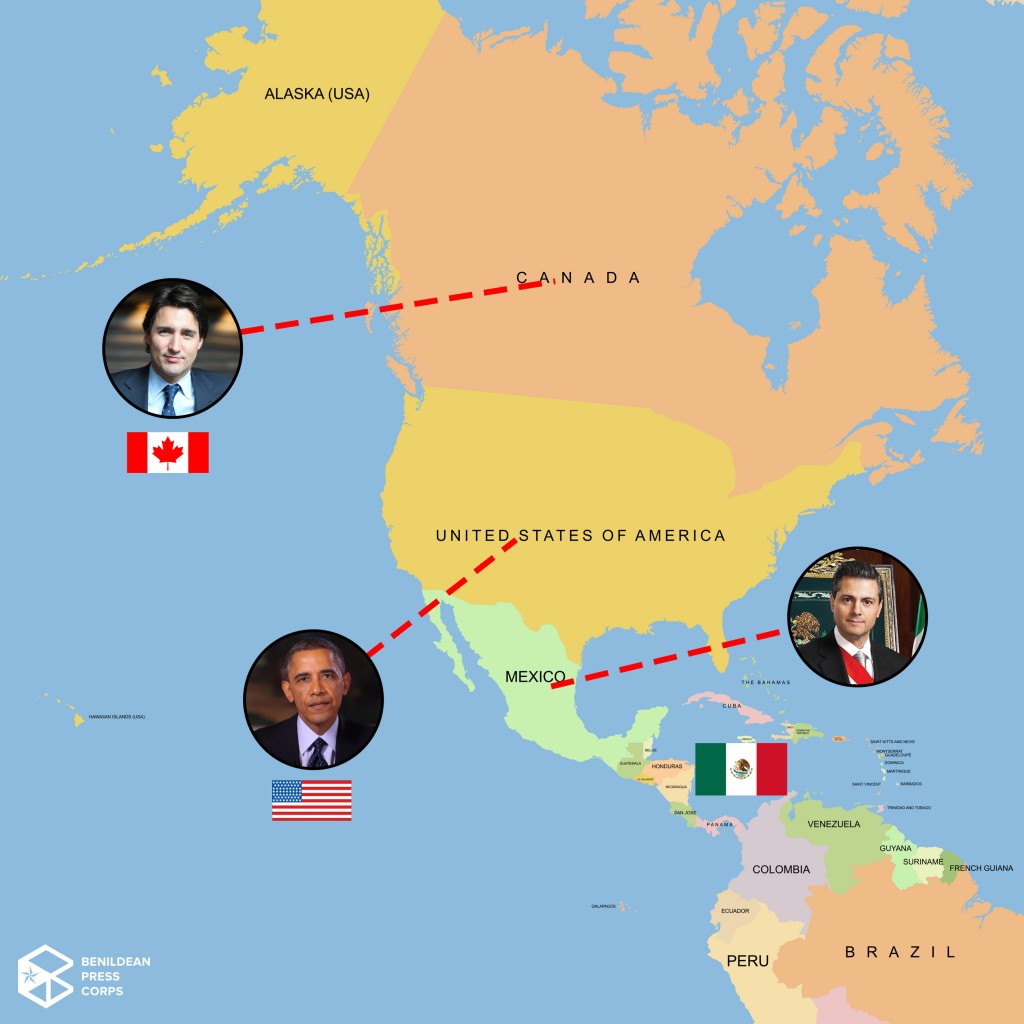
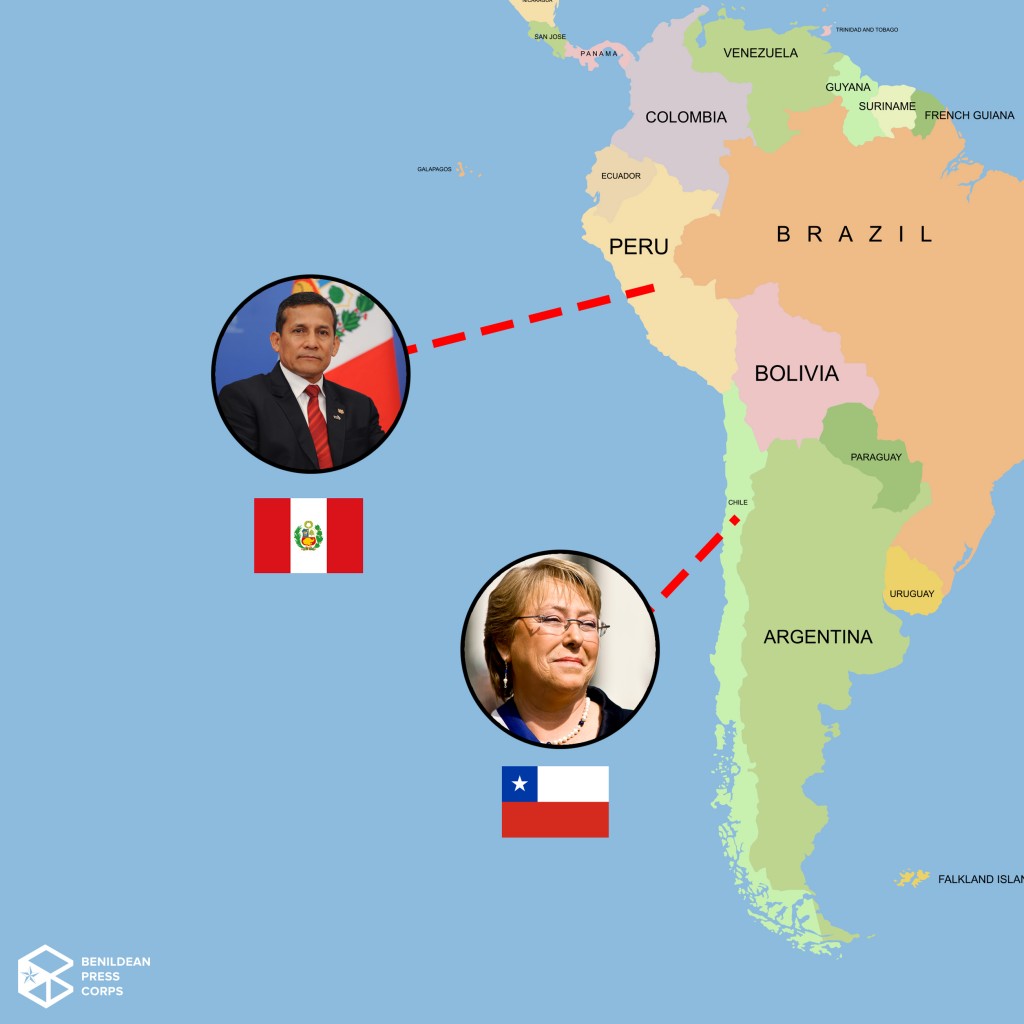
What APEC is
The APEC is a regional economic forum established in 1989 composed of member economies encompassing the Pacific Rim. It aims to meet, strengthen, and maintain the interdependence of its 21 member economies. As such, it makes sure that goods, services, investment, and people move freely within and among the member economies by aligning and creating standards and systems across the region.
To discuss trade and economic issues, the 21 member economies meet annually following the rotational scheme, wherein each member economy receives the opportunity to host the forum until the list has been exhausted and the cycle starts all over again. This is the second time the Philippines has hosted the APEC, the last time was nineteen years ago back in 1996 at Zambales under the presidency of Fidel Ramos.
Divisions to APEC
Despite its name, the APEC is not only about the Economic Leaders’ Meeting to discuss related economic issues but about various level delegations as well. There has been meetings for senior officials, for deputies of finance ministries and central banks, for trade ministers and tourism officials, for senior financial officials, and for senior disaster management officials all conducted in different locations in the Philippines. The Economic Leaders’ Meeting is last of the series of meetings to be held during this year’s APEC Summit.
Getting to know the world leaders
21 world leaders are expected to arrive in the Philippines for this year’s APEC Leaders’ Meeting, however, there has been changes to who’s attending—particularly for Russia with the withdrawal of Vladimir Putin, President of Russia with Prime Minister Dmitry Medvedev representing him instead, and Vice PresidentJusuf Kalla substituting for Indonesian President Joko Widodo.
-
Australia – Prime Minister Malcolm Turnbull
- Assumed office last September 15, 2015.
- 29th prime minister of Australia, replacing former prime minister Tony Abbott
- Before entering politics, was a lawyer and businessman.
- Known to be one of the richest politicians in Australia.
-
Brunei Darussalam – Sultan Hassanal Bolkiah
- Assumed office on October 4, 1967 and remains the head of state until now.
- At the age of 69, he is one of the last remaining monarchs to rule a small but prosperous country that relied on its oil and natural gas reserves.
- Was once regarded as the world’s richest man but lost the title by the turn of the century.
-
Canada – Prime Minister Justin Trudeau
- The newly appointed Prime Minister of Canada, assuming office last November 4.
- Leader of the Liberal Party.
- First child of a former prime minister to hold the same position.
-
Chile – President Michelle Bachelet
- Assumed office last March 11, 2014 marking her second four-year term as President of Chile after winning 62% of the votes.
- Daughter of an air force general who resisted Chilean dictator Augusto Pinochet’s regime. Following her father General Albert Bachelet’s imprisonment, Bachelet (a medical student at that time) and her mother were brought to prison as well, eventually being released in exile where she moved to Australia and East Germany.
- Three years after, she was finally allowed to return to Chile in 1979. She developed her socialist political views while in exile, before becoming Chile’s very first female president.
-
People’s Republic of China – President Xi Jinping
- Now three years in office, assumed office November 15, 2012
- Son of revolutionary veteran Xi Zhongxun who was one of the Communist Party’s founding fathers.
- Before joining the Communist Party and eventually becoming its chief, he studied chemical engineering at Tsinghua University in Beijing.
- Regarded as pro-business, exerting hard work into attracting foreign investments to developing provinces Fujian and Zheijiang.
- Husband to Peng Liyuan, an army general who was better known than Xi before he became leader of the Communist Party.
- An advocate of the China Dream, a dream he claims will place China in its rightful place in the world.
-
Hong Kong – Chief Executive Leung Chun-Ying
- Also known as Cy Leung, he is Hong Kong’s third chief executive, assuming office last July 1, 2012.
- Son of a police officer and regarded as the ‘emperor of the working class’, he won a scholarship to King’s College’s secondary school in United Kingdom.
- He eventually went to study at the Hong Kong Polytechnic and Bristol Polytechnic, United Kingdom where he himself has funded his studies by working part-time at a Bristol restaurant.
- Returned to Hong Kong after and became a successful businessman.
-
Japan – Prime Minister Shinzo Abe
- Before he assumed office on December 26, 2012, Prime Minister Shinzo has already served briefly as prime minister from 2006 to 2007, stepping down earlier than expected due to the scandals and issues affecting his administration—particularly on the issue that the Japanese government losing pension records.
- Known for being vocal and active on engaging Japan’s territorial disputes.
- Born into a family of former ministers. His father was the former prime minister Shintaro Abe and his grandfather was the former prime minister Nobusuke Kishi.
-
Republic of Korea – President Park Geun Hye
- The first female president of Korea, assuming office last February 25, 2013.
- Daughter of former president Park Chung Hee who ruled the country for two decades. She ran for office in 2007 but lost to Lee Myung Bakof the New Frontier Party.
- President Park graduated engineering from Sogang University in Seoul in 1998.
- One of President Park’s platforms included “national reconciliation” by improving relations with North Korea but affirmed hostility and immediate retaliation to any attack by them.
-
Malaysia – Najib Razak
- Assumed office April 3, 2009
- Born into a family of prime ministers. His father was Abdul Razak, notable for securing Malaysia’s independence from Britain in 1957. His uncleHusein Onn succeeded Abdul Razak as the third prime minister of the country.
- Graduated industrial economics from the University of Nottingham, United Kingdom before returning to Malaysia and working for state owned oil firm Petronas.
- Held numerous cabinet posts including energy, finance, and defense.
-
Mexico – President Enrique Peña Nieto
- Assumed office December 1, 2012
- Joined the Institutional Revolutionary Party (PRI) at the age of 18
- Was the governor of the state of Mexico from 2005-2011
- Promised to reform the PRI which has become corrupt and damaged during its seven decades in power, decrease crime and murder rate, and halt drug cartels
-
New Zealand – John Key
- Assumed office November 19, 2008
- Graduated Bachelor of Commerce at Canterbury University in 1982 and studied Management at Harvard University
- New Zealand’s richest prime minister
- Worked as a project manager at a clothing manufacturer, as foreign exchange dealer, head trader, was head of foreign exchange for Merrill Lynch in London before returning to New Zealand and entering politics
- Maneuvered the country through a global economic crisis
- Pledged to lower taxes and curb criminal gangs
-
Papua New Guinea – Prime Minister Peter O’Neill
- Assumed office August 4, 2012
- Pledged to eradicate corruption after Transparency International included Papua New Guinea in the list of the world’s most corrupt countries in 2012
- One of his first acts as prime minister was the formation of an anti-corruption task force.
-
Peru – President Ollanta Humala
- Assumed office July 28, 2011
- Founder of the Peruvian Nationalist Party
- Former army colonel
- Holds a masters degree in Political Science from the Pontifical Catholic University of Peru
- Pledges to reduce poverty by extracting higher royalties from mining companies
- Focused on uniting Peru’s ethnic groups
-
Singapore – Prime Minister Lee Hsien Loong
- Assumed office August 12, 2004
- Son of the founder of modern Singapore, Lee Kuan Yew
- Singapore’s third prime minister
- Was a brigadier-general in the army before entering politics
- Holds a first-class degree in Mathematics and a diploma in Computer Science from the University of Cambridge, and a masters degree in Public Administration from the Harvard Kennedy School
- Introduced the Workfare Incentive Scheme, which is a negative income tax to appeal to low-income workers and Community Care, an endowment fund focused on supporting various programs for the poor
-
Taiwan – President Ma Ying Jeou
- Assumed office on May 20, 2008
- Studied law at the National Taiwan University
- Won a scholarship to study in New York University where he earned his Masters degree in Law and a doctorate degree in Juridical Science from Harvard University
- Served as mayor of Taipei in 1998 but resigned when he allegedly misused public funds
- Was once an English interpreter for former President Chiang Ching Kuo
- Promises to improve relations with China
- Introduced a ‘three-point China’ policy: no independence, no unification, no war
-
Thailand – Prime Minister Prayut Chan-o-Cha
- Assumed office May 22, 2014
- Took over as head of the army in October 2010
- Became acting premier of the country following a wave of demonstrations and civil unrest
- Pledges to curb human trafficking and return democracy to Thailand
-
United States – President Barack Obama
- Assumed office January 20, 2009
- Graduated from Columbia University and attended Harvard Law School, becoming the first African-American president of the Harvard Law Review
- Was a professor of Law at the University of Chicago
- Was senator of the Illinois State Senate in 1996
- Modified the American healthcare system, legalized gay marriage, introduced tax reforms, revived the economy during the economic crisis in his first term, ended war in Iraq
-
Vietnam – President Truong Tan Sang
- Assumed office on July 25, 2011
- Was a former mayor of Ho Chi Minh
- Served as a communist fighter for the north during the Vietnam War, leading to his imprisonment by the US-backed South Vietnamese government from 1971 to 1973
- Holds a degree in law from the National Academy of Public Administration
- Pledges to resolve the South China Sea dispute with China peacefully
The APEC Leaders’ Meeting is scheduled to happen on November 18 to 19 at the Philippine International Convention Center.
Illustration by Francis Tadeo

